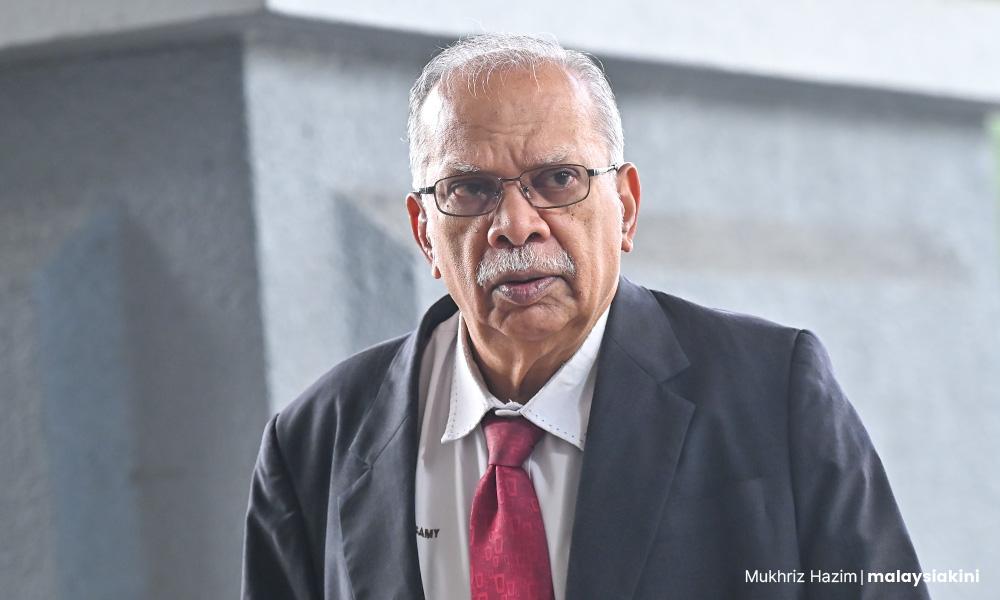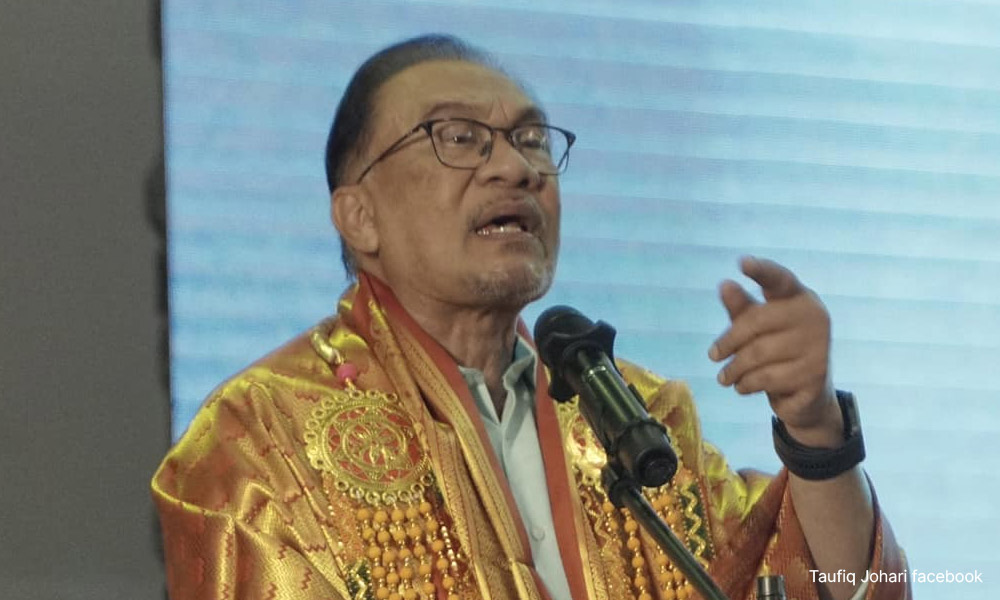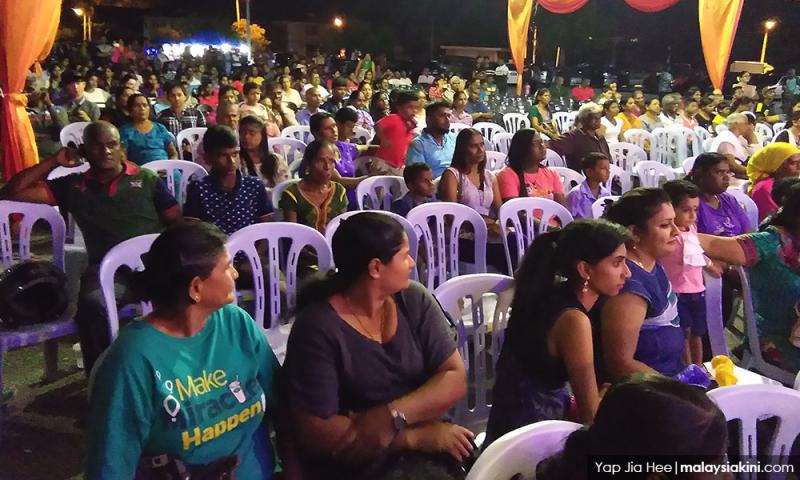LETTER | Indians have turned ‘invisible’
LETTER | The run-up to the intense six state elections is expected to unsurprisingly churn out articles, news and discussions on Malaysian Indians.
In the last week, two articles appeared in the national media concerning ethnic Indians. The first was by scholar Bridget Welsh and the second by P Ramasamy, a former college professor turned Penang deputy chief minister II.
I agree with both writers but also dissent in one area that they touched on.
First, I agree with Welsh and Ramasamy that Indian votes are important. In fact, the Indian vote has become crucial and will continue to be in future elections.
However, I disagree with them classifying the Indian vote as a swing vote. Indeed, Indians were swing voters in the 2008 and 2013 general elections, and to a certain extent, in the 2018 election.
A realignment began to occur in 2008 which was completed in the 2022 election. In the coming state elections, an Indian voter is likely to put a cross next to Pakatan Harapan on the ballot paper.

Indians have now become loyal Harapan voters, referred to as “fixed deposit” votes in Malaysia.
Welsh argued that the current government has ignored serious concerns of the community and concrete programmes have not been implemented for them.
Ramasamy argues for a broader approach, not confined to just an economic solution but one that balances national interests and the Indian one.

I applaud them for their concerns and thank them for bringing this up. However, the holistic approach that Ramasamy is recommending is not new.
In the past, non-profit groups, interest groups and political parties have recommended to governments use a myriad of themes such as inclusive, comprehensive, all-rounded, fair, equitable, universal; the list goes on.
But we just need to accept the reality that Indians are not a priority, period!
Both scholars stated that Indians are poised to be the determining factor in the coming polls. When the majority of Malays are predicted to vote for Perikatan Nasional and the Chinese become a solid voting bloc for Harapan, the Indian is indeed the kingmaker.
Indians are kingmakers but people assume that this role will be played on election day, and will take place in the voting booth. This is a myth as well as a dream.
As mentioned earlier, an Indian voter is likely to put a cross next to Harapan. How do we reconcile the fact that Indians, as loyal Harapan voters, with the idea that the community are the kingmakers? There surely seems to be a mismatch.
The conundrum solves when we understand that this can only happen when Indians withhold their votes. This means Indians are kingmakers if they sit out the election, and only if this is done in unison and if properly organised.
Why boycotting election is a good idea?
During the BN era, the community was neglected and taken for granted. Among the factors that led to this was because the Indian vote at that time was a “fixed deposit” vote for BN.
Additionally, there was a critical lack of capable, sincere, and visionary leaders. After Harapan took over in 2018, and subsequently lost power in 2020, Indians blamed Dr Mahathir Mohamad for not being able to feel the benefits of the 22-month-old government.
Now, eight months have passed for the Anwar Ibrahim administration. As Welsh contented, this administration too has failed the Indians.
There is no Mahathir to blame now. There is still four years to go and we don’t know the future; but from speeches, policies and actions of this government, as far as Indian rights and benefits are concerned, we see a trend of continuing the previous governments’ ways.
Therefore, we may conclude that no matter who is in charge, Indians will be taken for granted and remain “invisible” to the powers that be.
Because of a scenario in which Indians are unwilling to vote for PN, the boycott strategy seems the most reasonable. Any boycott, however, needs to be done in unison and in an organised fashion, failing which, it will become a meaningless endeavour.
After this, if Indians still go out and vote for the ruling party, my fear is that this blind hope will end up bringing nothing but disappointment and frustration.

Boycotting may seem crazy but the community has nothing to lose by adopting it. Additionally, because voters normally do not boycott general elections (vying to be a stakeholder in the future ruling federal government), the opportunity to boycott is now.
By withholding their votes, at the minimum, its impact on the election may act as an eye-opener, possibly giving rise to recognition and favourable policies.
If voting is a right, then not voting is a right as well.
The views expressed here are those of the author/contributor and do not necessarily represent the views of Malaysiakini.
RM12.50 / month
- Unlimited access to award-winning journalism
- Comment and share your opinions on all our articles
- Gift interesting stories to your friends
- Tax deductable
